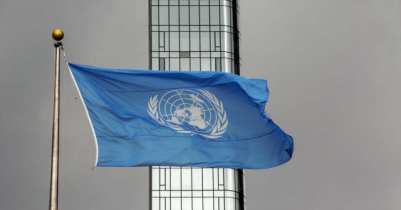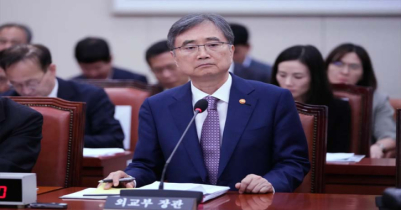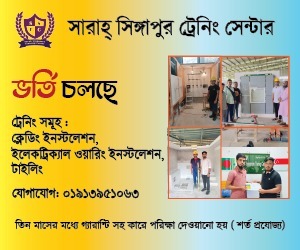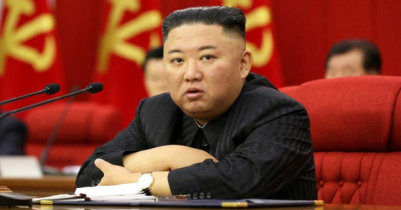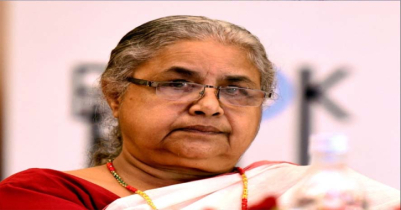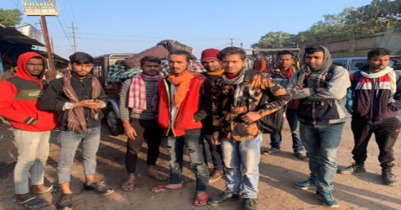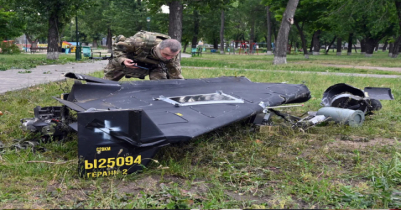UN Report: North Korea Executes Citizens for Distributing Foreign Television Shows
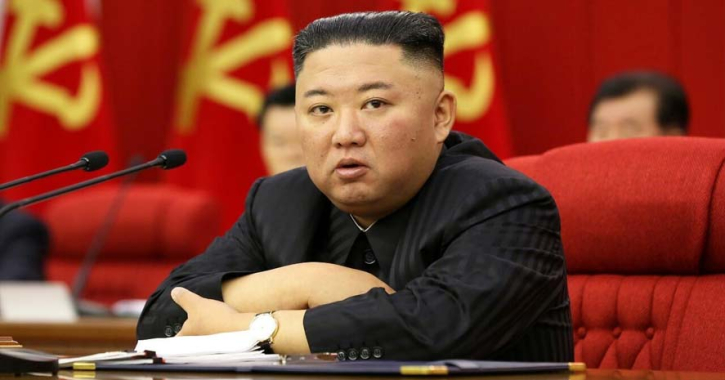
Published : 23:44, 12 September 2025
In September 2025, a United Nations human rights report revealed a deeply intensifying climate of repression within the Democratic People’s Republic of Korea (DPRK).
The report, based on interviews with more than 300 defectors and witnesses who fled the country, documents that the North Korean authorities now impose the death penalty on individuals who distribute foreign media, including television dramas from South Korea. This marks a considerable escalation in punitive measures targeting the free flow of information and cultural exchange.
Since approximately 2014, state surveillance has expanded significantly through the deployment of advanced technologies, enabling the regime to closely monitor private and public behavior.
The report identifies the period since 2015 as one of accelerated legal and policy-driven restrictions on civil liberties, whereby citizens are subjected to heightened control across all spheres of life. The introduction of capital punishment for violations such as sharing foreign TV shows reflects this trend, positioning North Korea as one of the most restrictive countries globally.
The report further indicates that executions—including those for distributing foreign television content—have increased, especially amid the COVID-19 pandemic and subsequent restrictions.
Some victims executed under these laws are reported to have distributed popular South Korean television series. The UN document underscores the erosion of freedoms alongside other rights violations, notably the continued use of forced labor. Children, particularly from lower socio-economic backgrounds, were found to be conscripted into hazardous labor assignments in mines, coal-excavation sites, and construction projects, often under dangerous conditions.
Despite the severity of these violations, the report notes a few limited improvements: reported reductions in arbitrary violence within detention facilities and newly enacted statutes intended to strengthen the guarantees of fair trial rights. Nonetheless, these appear to be marginal gains relative to the broader intensification of state repression and control.
North Korea has formally rejected the legitimacy of the UN Human Rights Council resolution authorizing the investigation and has declined to comment on the report’s contents.
Source: Reuters; The Guardian.
BD/AN




